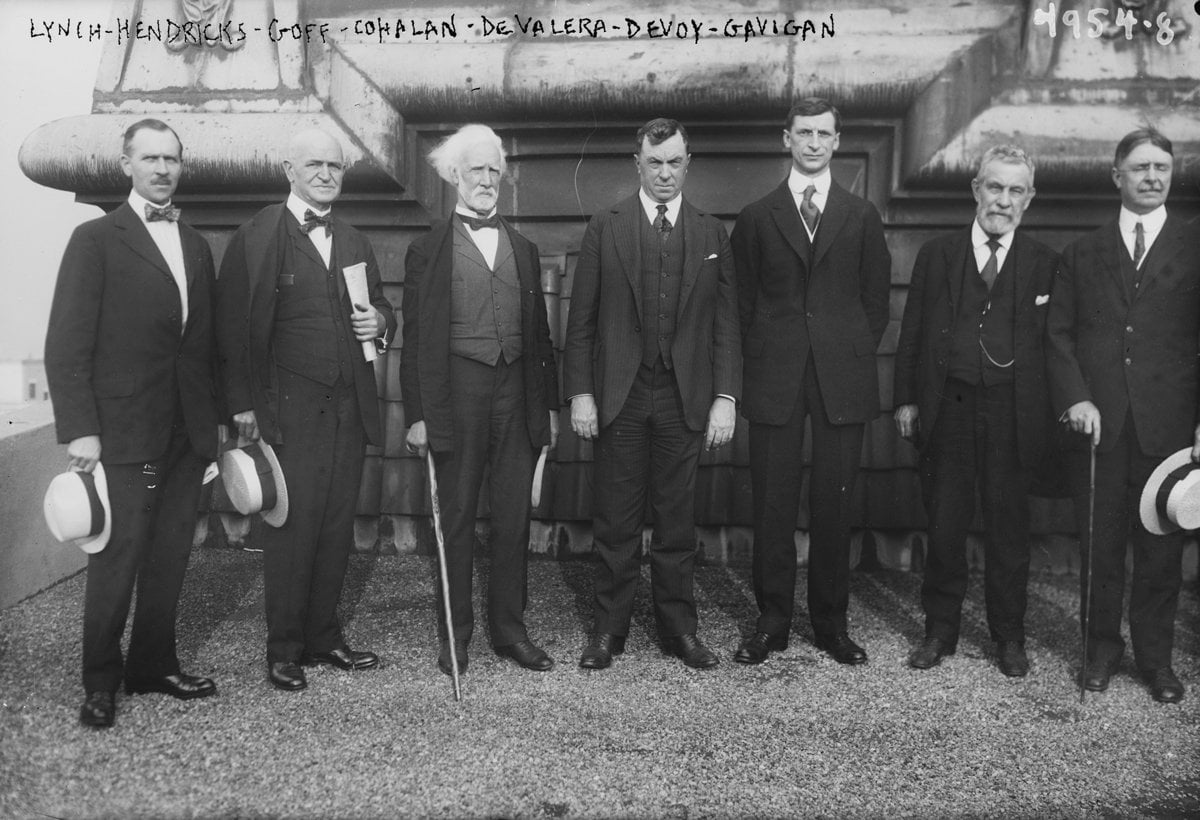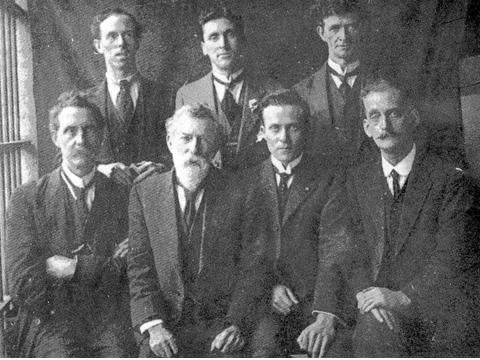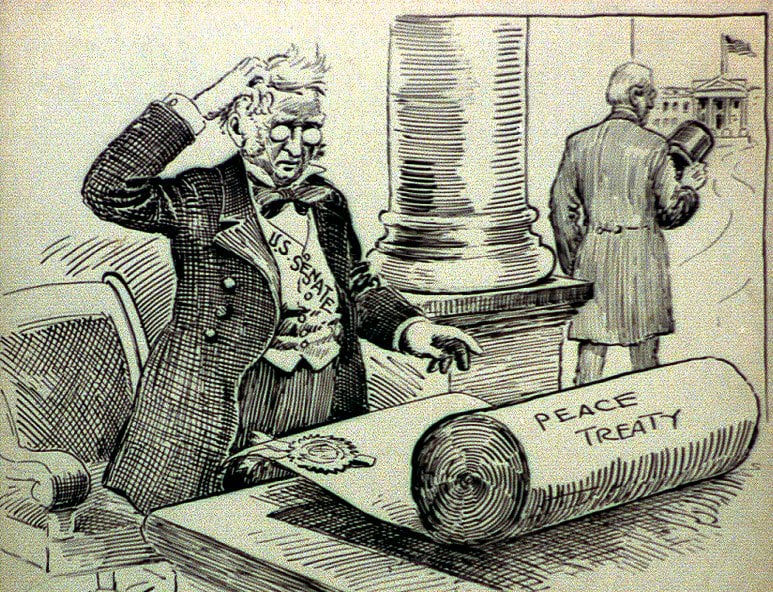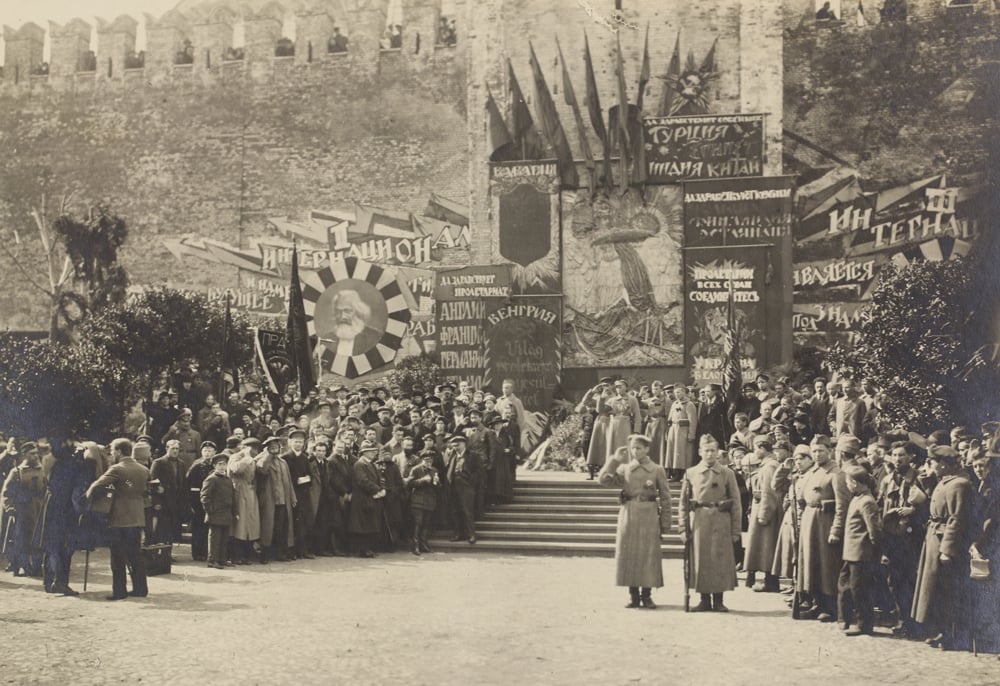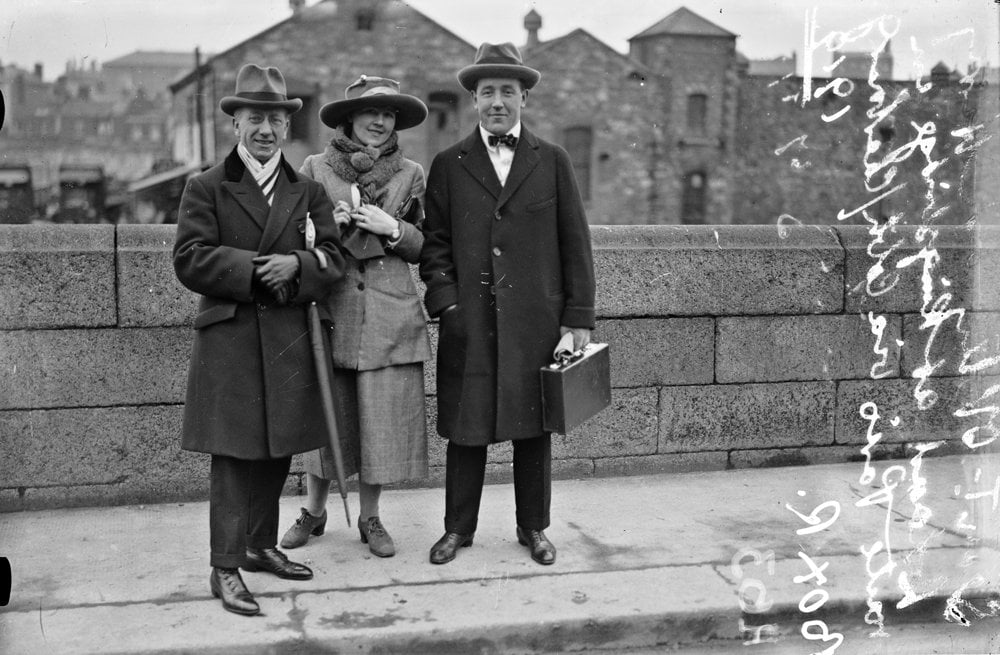Best of 2019 - Five articles that show the global reach of the Irish Revolution
Why Irish revolutionaries had to go global by Dr Brian Hanley
Addressing the House of Commons in December 1921, Winston Churchill wondered where, what he called the ‘mysterious power’ of Ireland, came from. After all, he opined, it was a ‘small, poor, sparsely populated island, lapped about by British sea power.’ How then was it ‘that she sways our councils, shakes our parties, and infects us with great bitterness … How is it she has forced generation after generation to stop the whole traffic of the British Empire in order to debate her domestic affairs?’ By this point, Irish republicans were negotiating face to face with a London government that had, not long before, called them a ‘murder gang.’ Though the IRA’s war from January 1919 had been crucial in making the British government take republican demands seriously, it was nowhere near achieving a military victory... Yet, as Churchill complained, Ireland had forced itself into the centre of British affairs. This was because Irish revolutionaries understood that they were operating on the world stage. Read more here.
****
Revolutionary Ireland & empire loyalty in Irish-Australia 1916-1921 by Dr Stephanie James
World War One presented unparalleled challenges in relation to Australia’s membership of Britain’s Empire. The demand for troops, for unprecedented funds and wartime legislation, the issues resulting from doomed military campaigns, and from events elsewhere in the Empire, all had consequences involving imperial loyalty. In 1916, events in Ireland impacted on all Irish-Australians, shifting their position in society. In the heightened atmosphere of the conscription plebiscites of 1916 and 1917, the question of introducing compulsory military service illuminated tensions and deep divisions across Australia. Read more here.
****
American political culture, Ireland and the League of Nations by Prof. Robert Schmuhl
When the United States Senate failed to ratify the Treaty of Versailles on 19 November 1919, President Woodrow Wilson suffered much more than the defeat of a major policy initiative he was instrumental in formulating. The Senate vote, the first time a peace treaty was ever rejected and primarily a consequence of idealistic obstinacy and Irish-American pressure, helped return the Republican Party to the dominant position in American politics, a place it occupied until Franklin D. Roosevelt and the Democrats swept to victory in 1932. Read more here.
****
Ireland’s Comintern Generation by Maurice J. Casey
In March 1919, the Third International, more commonly known as the Communist International or Comintern, was founded in Moscow. An organisation dedicated to directing the activities of communists across the world, the Comintern’s ambition was nothing less than the revolutionary transformation of the globe. ‘A new era in world history has begun’, Lenin stated in an article published shortly after the Comintern was established. The Bolshevik leader described the Comintern as an organisation of ‘epoch-making significance’ one which would direct ‘the movement of the proletariat for the overthrow of the yoke of capital’. Part bureaucratic apparatus and part radical networking opportunity, the Comintern shaped the experiences of thousands of activists during the interwar period. Among those whose lives were impacted by its revolutionary designs were many Irish men and women. Read more here.
****
Revolutionary diplomats: The Dáil Éireann foreign service, 1919-1922 by Dr John Gibney
Ireland had the unusual distinction of having had a foreign policy and a diplomatic service before there was an internationally recognised independent Irish state. The origins of the modern Department of Foreign Affairs and Trade lie in the Ministry of Foreign Affairs established by the first Dáil of January 1919. An awareness of foreign relations, international affairs and the global balance of power had long been integral to Ireland’s struggle for independence. Read more here.

